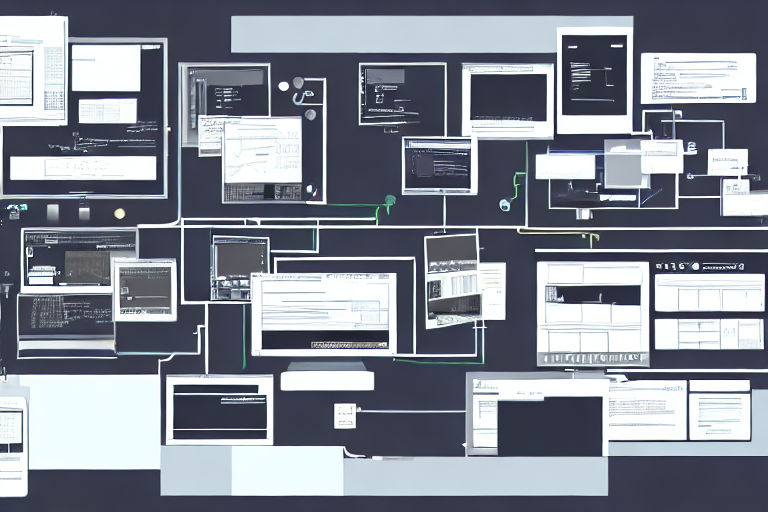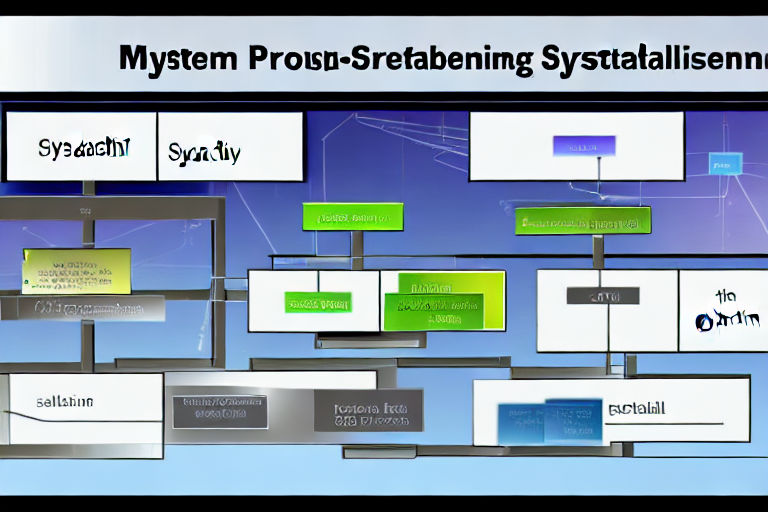Best Practices for Process Management in C++ System Programming
As a developer working with C++ system programming, managing processes can be a critical part of your job. Ensuring that your processes are running efficiently and effectively is vital for the smooth operation of your system. Here are some best practices for process management in C++ system programming that you should keep in mind.
1. Minimize the Use of Global Variables
Global variables are a source of many problems in C++ programming, especially when it comes to process management. Since each process has its own memory space, global variables can lead to inconsistencies and unexpected behavior. It is recommended to avoid using global variables and instead use parameters and return values to communicate between processes.
2. Use the Appropriate Process Management Functions
In C++ system programming, there are many process management functions available, such as fork(), exec(), and wait(). Each function has its own specific use, and using them appropriately can ensure that your system runs smoothly. It is important to understand what each function does and what parameters it takes.
3. Handle Errors
Errors are inevitable in any system, including C++ system programming. It is essential to handle errors correctly to avoid system crashes and unexpected behavior. When an error occurs, be sure to log it and handle it appropriately. If the error cannot be handled, terminate the process and inform the user.
4. Monitor Resource Usage
Monitoring resource usage is crucial in C++ system programming, especially for long-running processes. Keeping an eye on memory and CPU usage can prevent processes from consuming too many resources and crashing the system. Use tools like top and htop to monitor system resources in real-time.
5. Use Signal Handlers
Signal handlers allow processes to respond to signals sent by the operating system. For example, a signal can indicate that a process should terminate, or that it should reload configuration files. Using signal handlers can improve the reliability and stability of your system.
6. Keep the Code Simple
In any programming language, including C++, complexity can lead to bugs and errors. Keeping your code simple and easy to understand can prevent these issues. It also makes it easier to maintain and debug the code when problems arise.
In summary, process management is a vital part of C++ system programming. By following these best practices, you can ensure that your system runs smoothly and efficiently.





